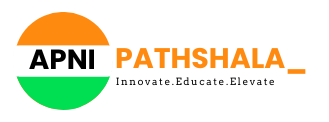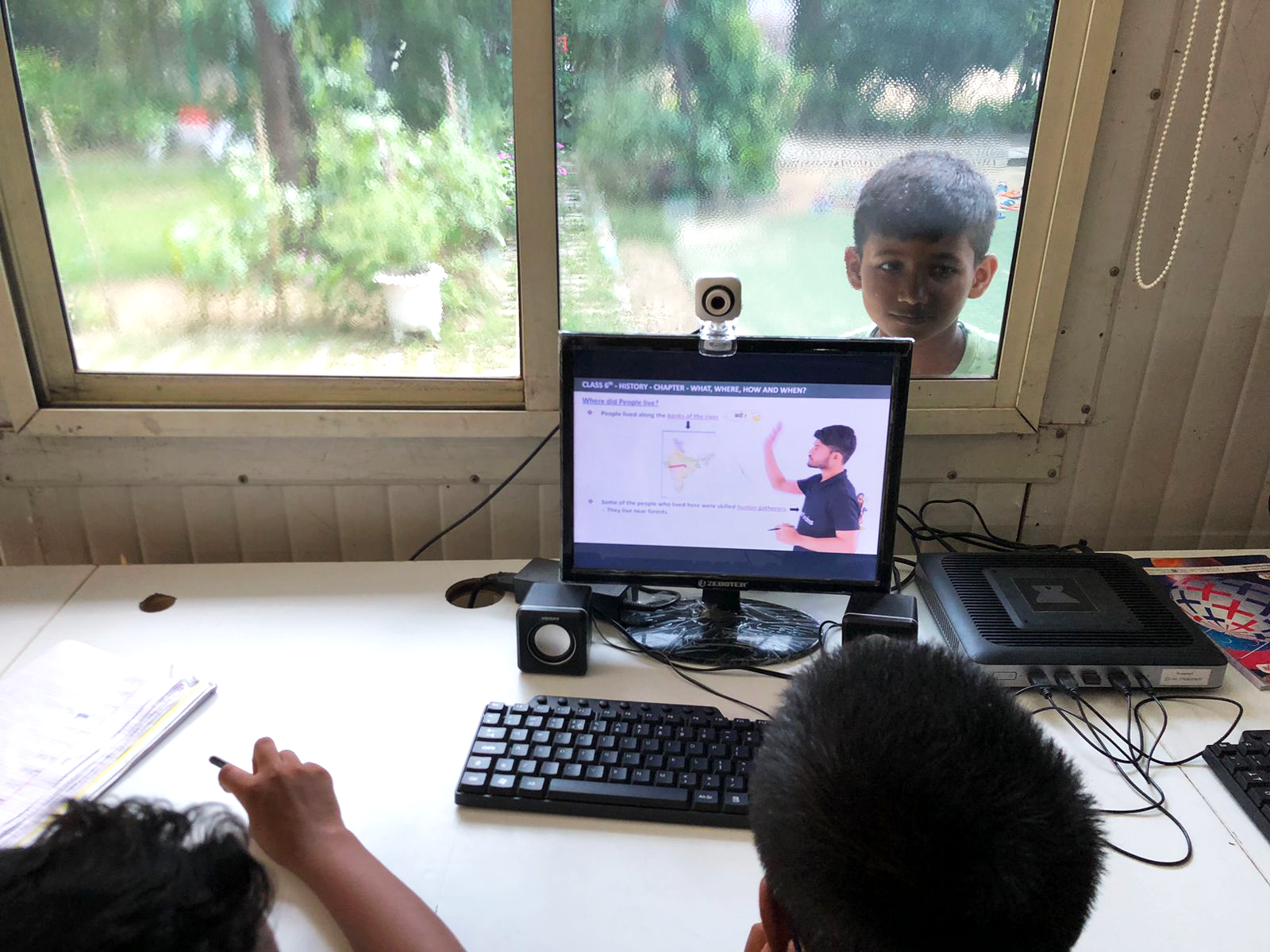Apni pathshala
Transforming Education in India: ApniPathshala's Innovative Approach
As the world progresses, the Indian education system is struggling to keep up. Built on outdated industrial age values, it doesn't meet the needs of today's fast-changing world. ApniPathshala offers solutions to bridge these gaps, ensuring Indian kids stay competitive.
Moving Beyond Industrial Age Values
Traditional Indian schools still follow the old ways where students sit in rows, follow instructions, and memorize information for exams. ApniPathshala, however, emphasizes skills like critical thinking, problem-solving, creativity, and teamwork. These skills are essential for success in the 21st-century workplace, which values adaptability and innovation.
More Control Over Learning
One major issue in Indian schools is the lack of student autonomy. Students must follow a rigid curriculum set by the education board. ApniPathshala changes this by giving students the freedom to choose what they want to learn. They can explore topics that excite them, learn at their own pace, and choose their preferred learning style. This boosts motivation and helps students develop self-regulation and decision-making skills.
Authentic Learning Experiences
Indian education often focuses on rote learning and memorization, which doesn’t prepare students for real-life challenges. ApniPathshala offers hands-on, experiential learning. Students apply their knowledge in real-world situations, making learning more meaningful and relevant. By teaching their peers, students reinforce their understanding and skills.
Pursuing Passions and Interests
The Indian education system prioritizes academic achievement over students’ passions and interests. ApniPathshala, however, allows students to explore their interests in a personalized environment. With guidance from adults, parents, and expert mentors, students can design their own learning paths. This inspires a love for learning and helps develop well-rounded individuals.
Catering to Different Learning Styles
Every student learns differently, but traditional Indian schools often fail to address these differences. ApniPathshala offers personalized learning experiences tailored to each student’s unique learning style. This ensures that every student gets the education they need.
Interactive and Engaging Learning
Traditional lecture-based teaching dominates Indian classrooms, but this method has limitations in engaging students. ApniPathshala offers a more interactive approach. After watching educational videos from top teachers, students work together on discussions, debates, and problem-solving exercises. This encourages active participation and critical thinking.
Developing Social-Emotional Skills
Peer learning is a great way for students to develop social and emotional skills, but Indian schools offer limited opportunities for this. ApniPathshala encourages students to work on projects together, provide feedback, and support each other. This helps students build essential social-emotional skills.
Alternative to Private Tuition
Private tuition is common in India but often creates inequality and over-dependence on tutors. ApniPathshala provides an alternative with personalized support and self-learning methods. This approach is more effective than traditional tuition classes and helps students learn independently.
Supporting Disadvantaged Children
Many children from poor families in India are left behind due to financial constraints and lack of infrastructure. ApniPathshala aims to help these children by offering affordable and accessible learning options. Learning pods can be set up in underprivileged communities, providing a safe space for children to learn and socialize.
Continuing our journey across India, ApniPathshala's numerous PODs (Points of Distribution) are making a significant impact in various states. One shining example is the "Learn from Peers" program in Tardeo. Here, students are enthusiastically learning game development with the help of Scratch Edu.
A Success Story from Leran from peers tardeo
Durgesh Tripathi, a student from the “Learn from Peers” program at Tardeo, Mumbai Central, achieved an impressive feat. Inspired by the Chrome Dino game, Durgesh created a similar game on Scratch in just one hour. Using a YouTube tutorial for guidance, he showcased his quick learning and creativity. This accomplishment highlights the power of peer learning and the resources provided by ApniPathshala’s innovative approach to education.
Frequently
Asked Questions
ApniPathshala is an innovative educational initiative designed to bridge the gaps in the traditional Indian education system. It offers personalized learning experiences that focus on critical thinking, problem-solving, creativity, and collaboration.
Traditional schools in India often rely on rote learning and a fixed curriculum. ApniPathshala, on the other hand:
- Emphasizes skills needed for the 21st-century workplace.
- Allows students to choose their own learning topics and styles.
- Provides hands-on, experiential learning experiences.
- Encourages peer learning and social-emotional development.
ApniPathshala is designed for students of all ages. The flexible and personalized approach makes it suitable for young children, teenagers, and even older students who wish to continue their education in a more engaging and effective way.
Personalized learning at ApniPathshala is achieved by:
- Allowing students to choose what they want to learn.
- Letting students set their own learning pace.
- Providing various learning styles to suit individual preferences.
Learning pods are small, collaborative groups where students learn together under the guidance of a mentor. This setting promotes interaction, discussion, and hands-on learning, making education more engaging and effective.

